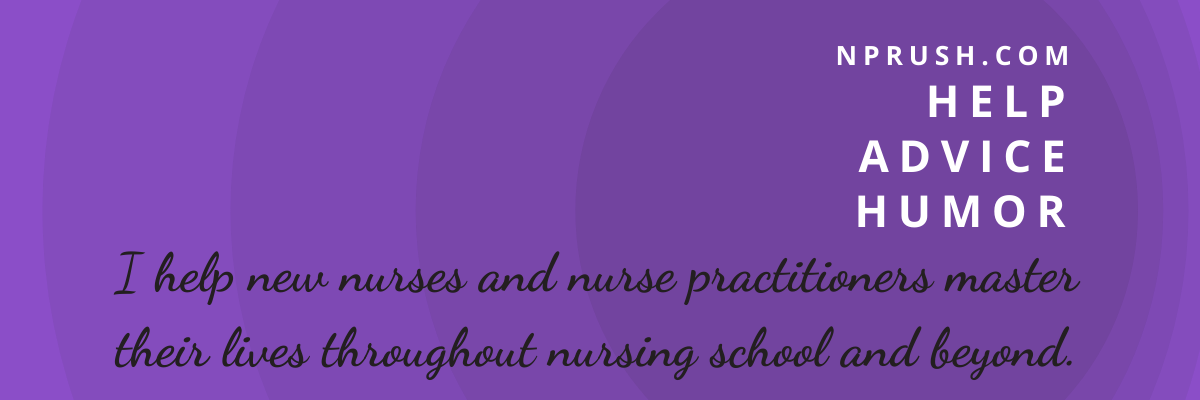Nurses face ethical decisions daily and some hold great medical implications.
One key ethical dilemma faced by nurses is beliefs vs. empirical knowledge.
When facing patient beliefs that butte up against scientific knowledge, nurses should tread gingerly.
It is always appropriate to discuss the patient’s beliefs in detail and gather as much information as you can regarding the belief without trying to “educate” the patient or sway them toward best practice.
This is true for a couple of reasons. First, certain cultures/religions hold specific beliefs that cannot be altered, and, secondly, identifying the reason the patient holds the belief allows for sharing of targeted educational information.
Unalterable Beliefs
Some cultures and/or religions are very stringent in their position toward certain medical interventions and no amount of teaching or educating will alter it.
For example, Jehovah’s Witnesses believe it is against God’s will to receive blood and refuse blood transfusions of any kind, including their own. There are no double-blinded studies that will change their belief or their decision to refuse blood transfusions.
When the nurse is aware that the patient holds a non-negotiable belief, they move forward. The patient and the nurse can then work together to find alternative treatments/options the patient is willing to accept.
Emotional Beliefs
Some patients hold ideas about health care that are heavy with fear, misunderstanding, or mistrust.
For example, a patient may not be taking their medication because they hold a belief founded in fear. They may think that the side effects of the medication are worse than the condition they’re taking it for, and fear they’ll end up worse off overall.
Openly discussing the reasons why the patient is not taking the medication gives the nurse the opportunity to communicate trust and exhibit a non-judgmental relationship.
In this case, reviewing the potential side effects alongside the potential benefits may allow the patient to gain a new understanding and form a new belief regarding their medication.
Senseless Beliefs
In this same vein, some patients hold beliefs associated with health care and/or medical interventions that have the potential to negatively influence their health.
Shallow beliefs such as “I don’t believe in taking pills,” or “All doctors care about is making money” truly influence the actions of patients in regard to their daily care and how much medical attention they will allow.
Even though these types of beliefs are not based on scientific premises, they are solidly based on the individual’s experiences and understandings and, to them, are every bit as reasonable and reliable as our scientific beliefs. And since you cannot argue with another person about their own experience (because to them it is truth), you must discover the basis of that belief.
It is crucial for the nurse to understand the premise of these experiential beliefs prior to introducing teaching and/or educational interventions.
For patients who “don’t believe in taking pills,” a discussion may begin with the inquiry: has there been a time in their lives when they found taking medication was helpful, such as taking antibiotics for an infection or taking ibuprofen for a sprained ankle? The logic is that perhaps they do believe in taking pills but only in certain circumstances. From there the nurse can discuss the current circumstance and how it may or may not be related to previous times when taking medications were useful to the patient.

Blocked Beliefs
Be aware….sometimes patients are not interested in discussing the rationales for their beliefs; they are set in their ways. And this is okay.
When patients are not interested in sharing information about their beliefs, the nurse must resolve to accept the patient and their beliefs without judgment and move on to all the areas where the patient may allow medical help.
Our Ethical Responsibility Toward Beliefs
As nurses, it is our job to educate and teach patients, but we also have an ethical responsibility to understand and accept patients and their belief systems as they present themselves.
It is not our responsibility to force care or pressure patients into care they are not comfortable with.
It is not acceptable to shame or embarrass others for their beliefs or life choices, even when we know their health is at risk.
What Nurses Can Do
—-> Ask open-ended and curious questions to seek more information about our patients and their beliefs
—-> See every patient as a human being who has a right to make their own informed choices about the health care they receive
—-> Seek opportunities to help patients discover their own belief systems about medical care
—-> Share health and medical information only when and if patients are open to receiving it
Every patient has a right to courtesy, respect, dignity, and timely and responsive attention to their needs.
They have a right to believe what they want and make their own health care choices.
And we, as nurses, have the duty to support them.
In peace and love,






